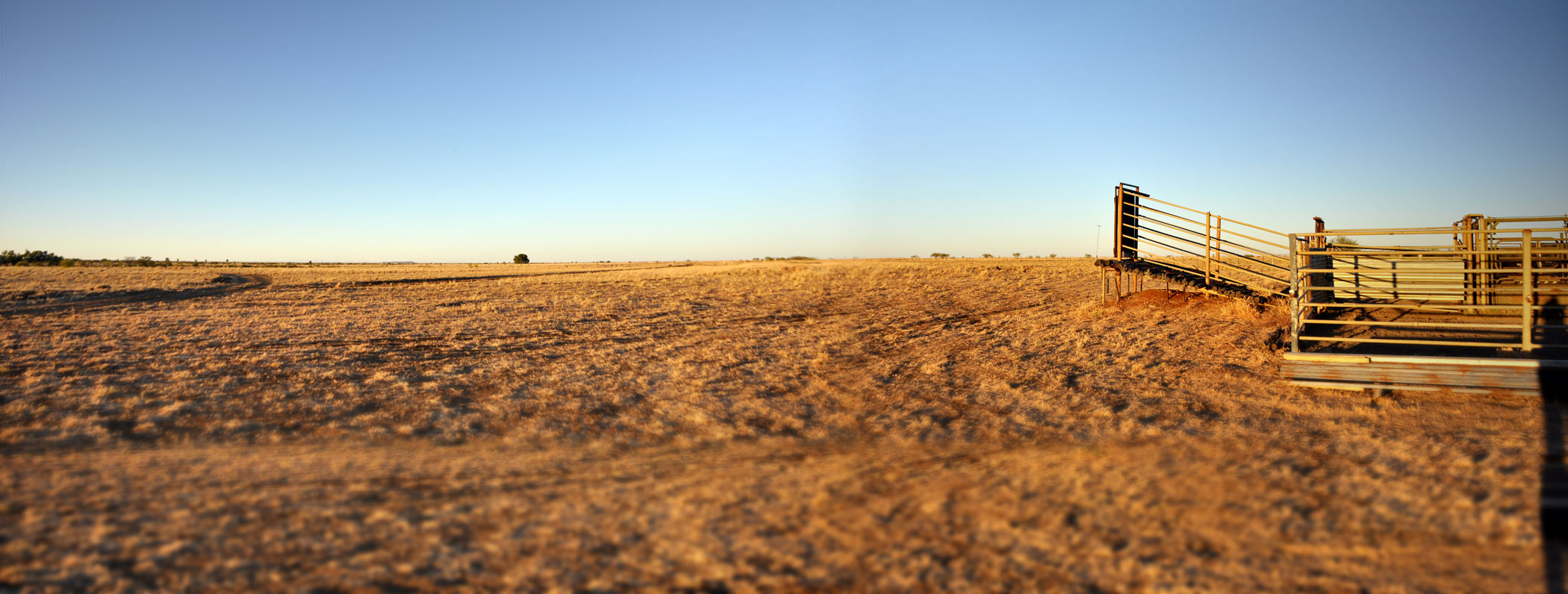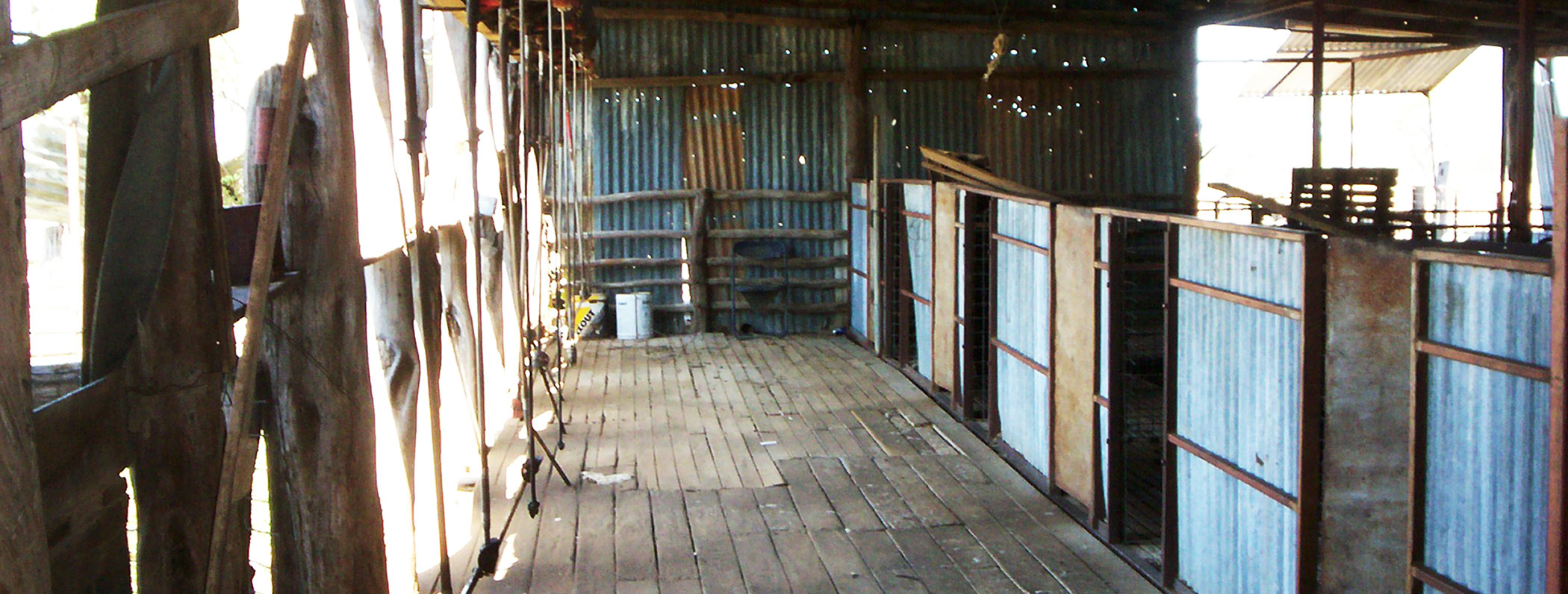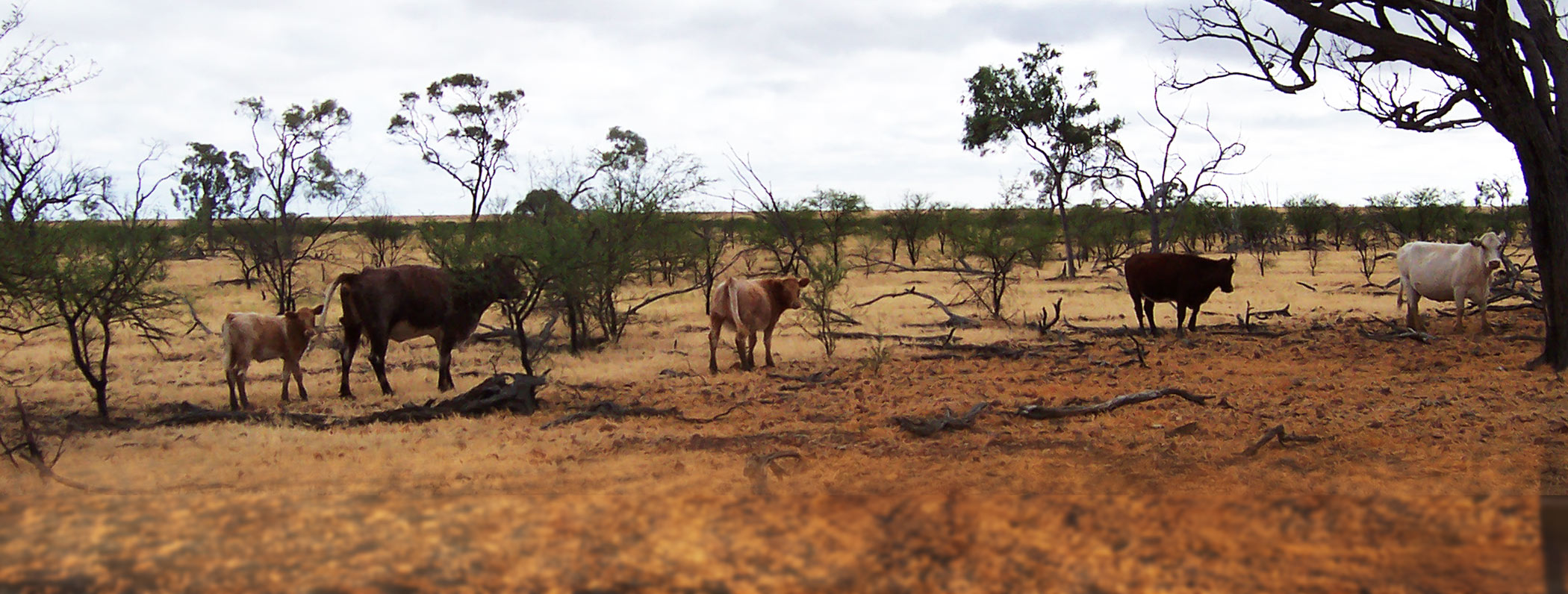Family History
BETTY WAKLEY-BUNKELL
Betty’s life began in Muttaburra in 1922. Her parents owned and operated the Mt Cornish Hotel, a fine hotel, with dining rooms, a ballroom, and spacious accommodation facilities. The hotel was a gathering point for pioneer pastoralists and new settlers to the rich sheep and cattle grazing lands in the Barcaldine, Longreach and Aramac area. Her family was substantial. Her great uncle, Sir Henry Wylie Norman, had been the Governor of Queensland. Other family members, aunts, uncles and cousins, were living on properties nearby.
World War 1 was over. The wool and beef industries were booming. It was a time of hope and optimism. Life was good for Betty, and her younger siblings, Bernard, Beverley, and Wally.
In Winton, a town nearby, two enterprising men, Hudson Fysh and Paul McGuinnes had established Queensland and Northern Territory Ariel Services Ltd [QANTAS.] Commercial airline services between Cunnamulla and Charleville had begun, using two war surplus planes purchased from the Australian Government. When Betty was three, Hudson Fysh took her father and herself for a short flight, and suffered the embarrassment of having to land the craft in a field. Betty’s Aunt Phil recalls that Betty was a precocious child at age four. Telephones had arrived at Muttaburra. The phones were wall mounted, and the exchange was manual. Betty found that she could push a table against the wall where the wall-mounted telephone was located. She could then push a chair against the table. She would climb onto the chair, then onto the table, then climb across the table to the telephone, and then ring the girl on the exchange repeatedly.
Shortly after World War 11 broke out in 1939, Betty joined the WAAFS. My friend and neighbor, Air Vice Marshall Reed, [Retired] wrote this description of the WAAF’S. In my assessment, the description accurately describes Betty.
These ladies of the WAAF later the WRAAF [Women’s Royal Australian Air Force] were of a special kind tenacious, hard working, efficient, tough, and yet caring the greatest support for RAAF operations during World War 11. They could also have fun, and provide the love and mothering support so needed by the men in the RAAF.
My father, a navigator/bomber in the RAAF, and a friend and work colleague of Betty, was killed on May 22, 1944, when I was three months old. Betty visited my mother and her young son, to pay her respects, and asked whether she might be my godmother. Since that day, I have had contact, in some form, with Betty, almost every week of my life.
After the War, Betty joined QANTAS, and worked in Sydney for five years. Jim Murtha, her hale and hearty friend, who visited her daily for her last four weeks, and made her laugh, will speak of the Sydney Qantas days.
In 1952, Betty lived at 1 Porchester Terrace, London, near Hyde Park. Towards the end of the 1950s a man named David Bunkell came upon the scene. David provided yellow roses, theatre outings, and a strong enough character to hold Betty’s interest. During World War II, David attained commissioned rank in his regiment, The Queen’s Own Hussars. I know little of David’s active service, but I do know that post war, he was required to take charge of the occupation forces at Celle, in West Germany, by his Commander, General Kitchener. In this role, David was involved in the opening up of the Belsen prisoner of war camp. After military service, David returned to his pre-war employment as Burberys European representative. [Burberys is a name English woollen clothing manufacturer.]
Betty and David first moved to Italy to take care of Burberys interests in Southern Europe. After several moves, they decided that they might better serve their own interests if they established a business for themselves. British Woollens, Munich, was born as a prototype for a chain of shops that were to cross Europe, but the Munich business was sufficiently prosperous to meet their needs. Betty and David settled into a supremely happy and contented life in Munich, with a wide circle of friends.
David was a strong man, with immaculate dress and manners. At leisure, he was lively and hearty. He enjoyed glancing at a pretty female form, and drinking a beer. David and Betty were completely devoted companions. When they were together, one had the feeling that they needed nothing more and no one else. David died in 1977.
Betty had strong attachments to friends and families on three continents. In Germany, when Betty was diagnosed with cancer, she was surrounded by the fiercest, most protective and generous love that humans are capable of. Fritz and Gabby Retzlaff, Bernard and Elizabeth Darius, Christof and Ulla Schwab, and their sons Karl Christof, Ulrich and Andraeus, Barbara Wichmann, Phillipa Durst, Betty’s Accountant, Christian Kaempfel, and many others, dispensed unconditional love and support. Fritz Retzlaff accompanied Betty on her final journey home. There was a similar response in England and the USA. Alexander and Wolfgang Berz, close friends, who had hosted Betty and Wally at their several homes in Europe and America, telephoned daily from Florida, as did Claire Hoare and David Graham from England. Betty’s London Club, the Royal Overseas League was represented by regular visits from Sharon Morgan, the Queensland representative of the League.
Since Betty’s arrival in Australia on February 4, she has received love of a similar quality to that offered in Germany, from Leila, Kevin and Clare Bourke, and great kindness and affection from many loyal friends and relatives.
I knew two Betty’s. The core Betty was a stoic, above both pleasure and pain, clear headed, pragmatic, unsentimental, proud, forthright, daring, loyal, determined, with her eye trained solely on the road ahead. She was like all great generals in a War situation. Her peers were either with her, or against her. This was the Betty that owned British Woollens, that was a successful member of the WRAAF, that was a suitable companion for David, and the Betty that stared death in the eye and did not blink. The external Betty was a storyteller and entertainer. She could talk in riddles so quickly that the listener could never catch up. She consulted teacup readers, and fortune tellers, and told ribald jokes, and held her sides laughing, and produced endless gifts from her Mary Poppins bag. This Betty was like Don Quixote in female form. She was always upgraded to first class, always invited onto the flight deck. Nobody she ever met was ordinary or plain. In Betty’s mind, she lived at the center of a most interesting elevating and exciting world, and we were part of it.
On her death bed, Betty never asked the question, Why me? Never did she indulge in self-pity or sentimentality. She stared death in the face with sadness, but with a boldness an steadiness that I will never forget. She did however engage in a minor self indulgence which I will report. From the date of her arrival home, February 4, Betty was without appetite and unable to eat, with the exception of a four-day period when, miraculously, a minor appetite returned. On these days, Betty requested and was presented with mango, custard apple, prawns, and Queensland mud crab. Perhaps she realized that we would need something interesting to report, when we described these last most difficult days.
Farewell Betty! We shall not see your like again!
EULOGY
BETTY WAKLEY-BUNKELL
Delivered by Neil Woodgate (Godson), 12 March 2001
East Chapel, Mt Thompson Crematorium
Variations on Surname
Weakley
Relationship to Muttaburra
The development of this site for the Muttaburra Community has been made possible by a bequest from the Betty Wakley-Bunkell Estate to the Betty Wakley-Bunkell Muttaburra Domain Name Trust.
The Trust recognises that there are numerous community organisations across Queensland, which are considering developing a web site to promote the activities of the local area.



